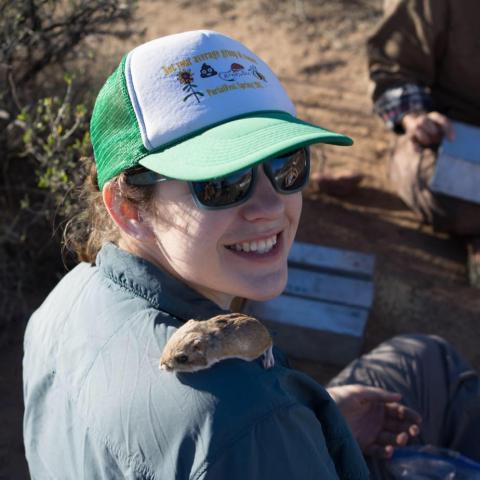9:50am Room A - Data Rescue: Saving Environmental Data from Extinction
Historical and long-term environmental datasets are imperative to understanding how natural systems respond to our changing world. Although immensely valuable, these data are at risk of being lost unless actively curated and archived on data repositories. The practice of data rescue, which we define as identifying, preserving, and sharing valuable data and associated metadata at risk of loss, is an important means of ensuring the long-term viability and accessibility of such datasets. Improvements in policies and best practices around data management will hopefully limit future need for data rescue; these changes, however, do not apply retroactively. While rescuing data is not new, the term lacks formal definition, is often conflated with other terms (i.e., data reuse), and lacks general recommendations. Here, we outline seven key guidelines for effective rescue of historically-collected and unmanaged datasets. We discuss prioritization of datasets to rescue, forming effective data rescue teams, preparing the data and related metadata, and archiving and sharing the rescued data. In an era of rapid environmental change, the best policy solutions will require evidence from both contemporary and historical sources. It is, therefore, imperative that we identify and preserve valuable, at-risk environmental data before they are lost to science.
Dr. Ellen Bledsoe |

|
|
|
Assistant Professor of Practice in Data Science @bleds22e |
||
Ellen Bledsoe is an Assistant Professor of Practice in Data Science in Univ. Arizona’s School of Natural Resources and the Environment. A community ecologist by training, she completed her PhD at the University of Florida. Her research focused on spatiotemporal dynamics of desert rodent communities in the Chihuahuan desert in southeastern Arizona. After finishing her PhD in 2020, Ellen moved to Saskatchewan, where she was a Postdoctoral Teaching and Research Fellow for the Living Data Project, a Canada-wide initiative through the Canadian Institute for Ecology and Evolution to train graduate students in ecology and evolutionary biology in key data science skills.